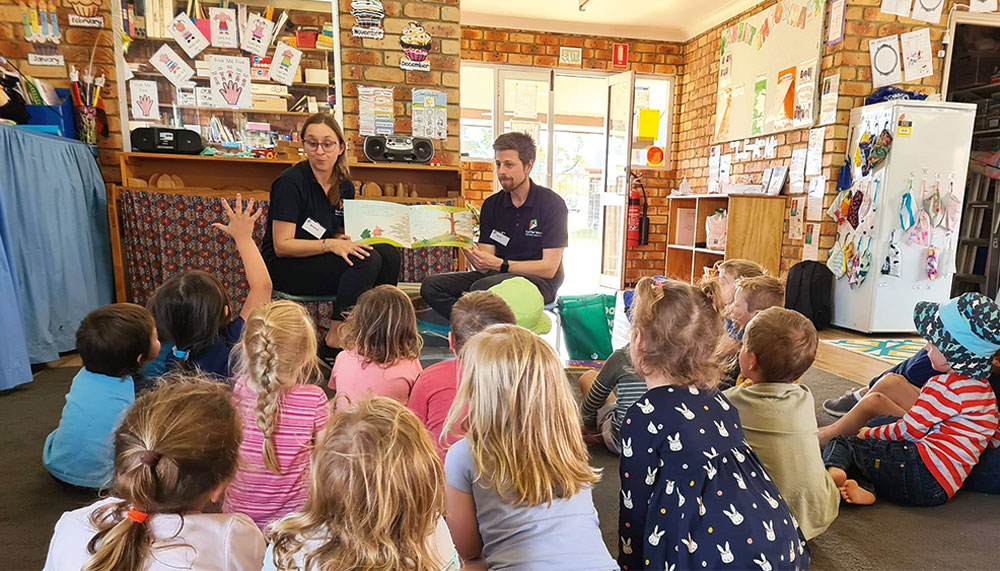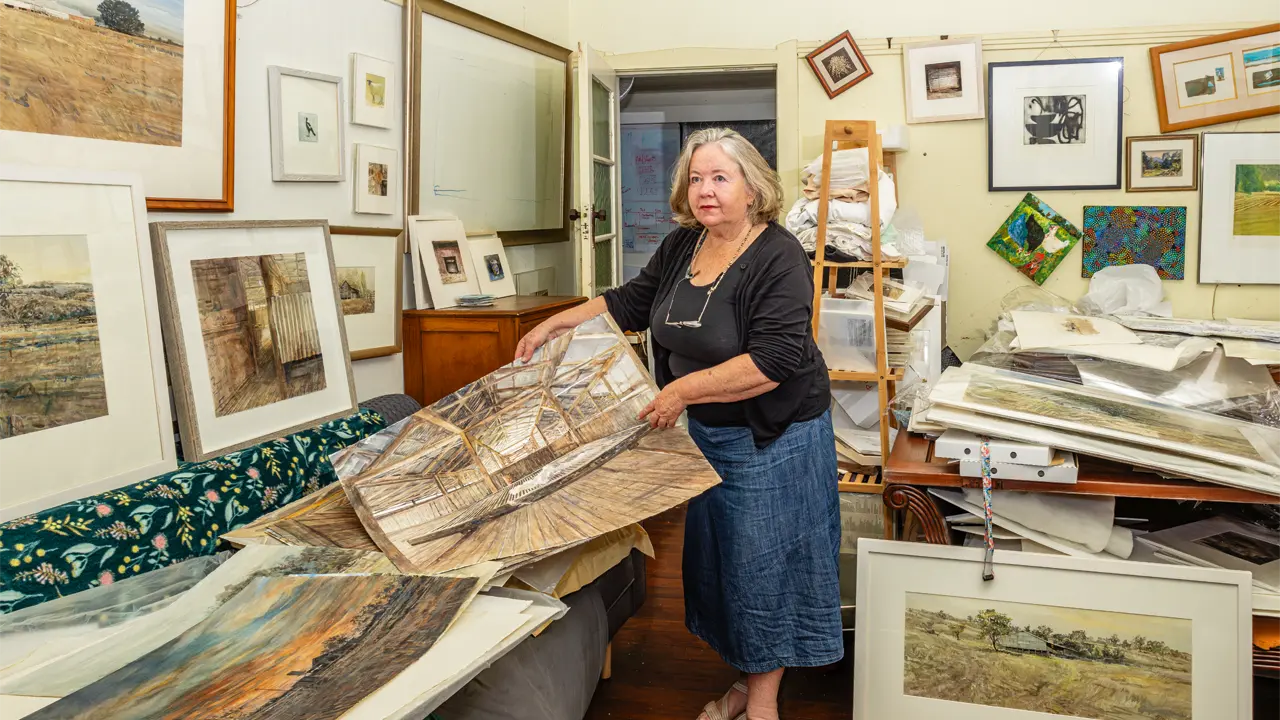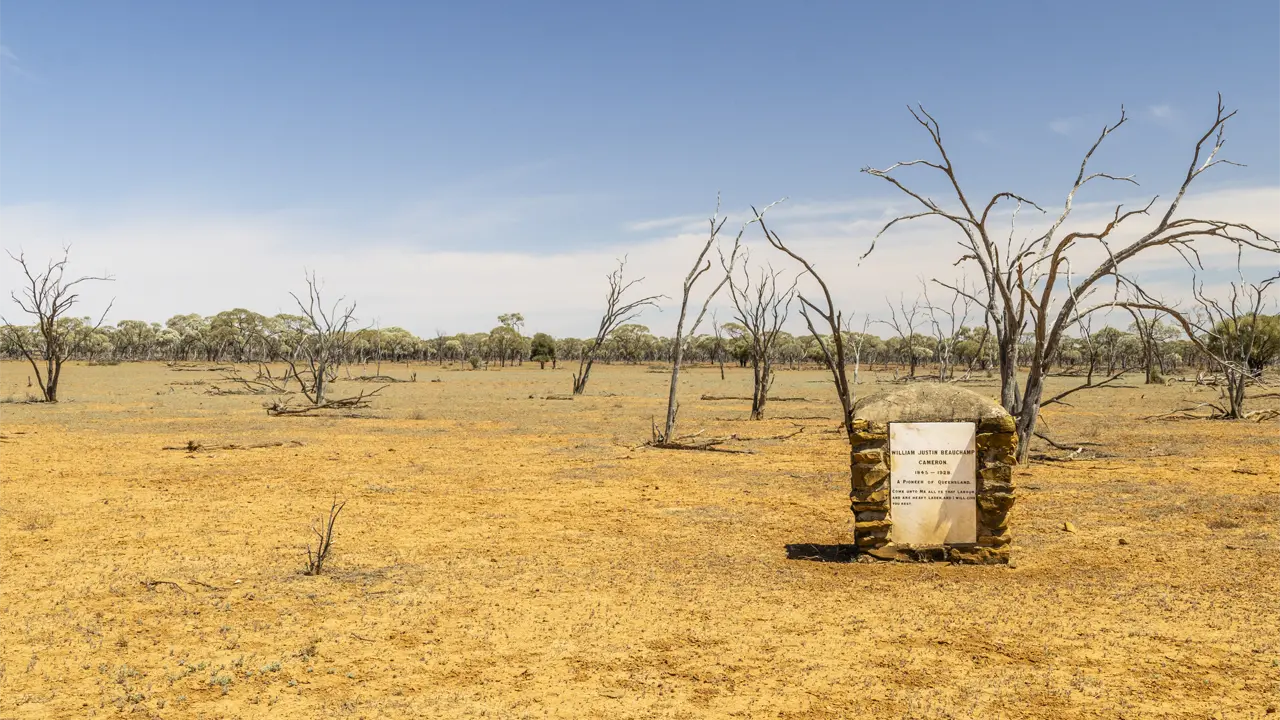Royal Far West’s innovative, world-leading program to support children who have experienced bushfires has won a Resilient Australia community award.
Story Ken Eastwood Photo courtesy Royal Far West
As fires ravaged eastern Australia in the summer of 2019/20, many parents in the line of fire did what they thought best for their kids – sent them ‘out of harm’s way’ to stay with relatives or friends. Unfortunately, research has shown that this separation traumatised some of the children, who can suffer separation anxiety or depression for decades afterwards, says Sarah Eagland, clinical manager of an award-winning Bushfire Recovery Program that is helping children process their experience.
“Historically, children are forgotten in wars and disasters,” Sarah says. “Often, during recovery operations, things are planned to help the adults, but children are seen as just an appendage of the adults. Nothing significant is planned for them.”
Yet the impact on children of events such as bushfires is vast – from short-term issues such as loss of concentration, disturbed sleep and heightened levels of anxiety that never go away, through to long-term risks of mental health issues and poor academic performance. “There are devastating effects for children and it can really change the trajectory of their lives, even decades later,” Sarah says. Some can’t let go of the things they lost, such as pets, farm animals or the bush around their properties, and others stop doing things they love. “I remember talking to a boy who loved mountain biking, and he just didn’t go back to doing it,” she says.
After the bushfires, rural children’s health charity Royal Far West worked with UNICEF Australia and the Paul Ramsay Foundation to develop a program to support affected children. Run in 22 schools and 12 preschools, the successful program supported 3000 children in 30 NSW communities from the Kempsey Shire and the Nambucca Valley through to Eurobodalla and the Bega Valley Shire. Initially conducted at the end of 2020, the program has received state and federal funding to ensure it continues until mid-2023.
This story excerpt is from Issue #140
Outback Magazine: December/January 2022










